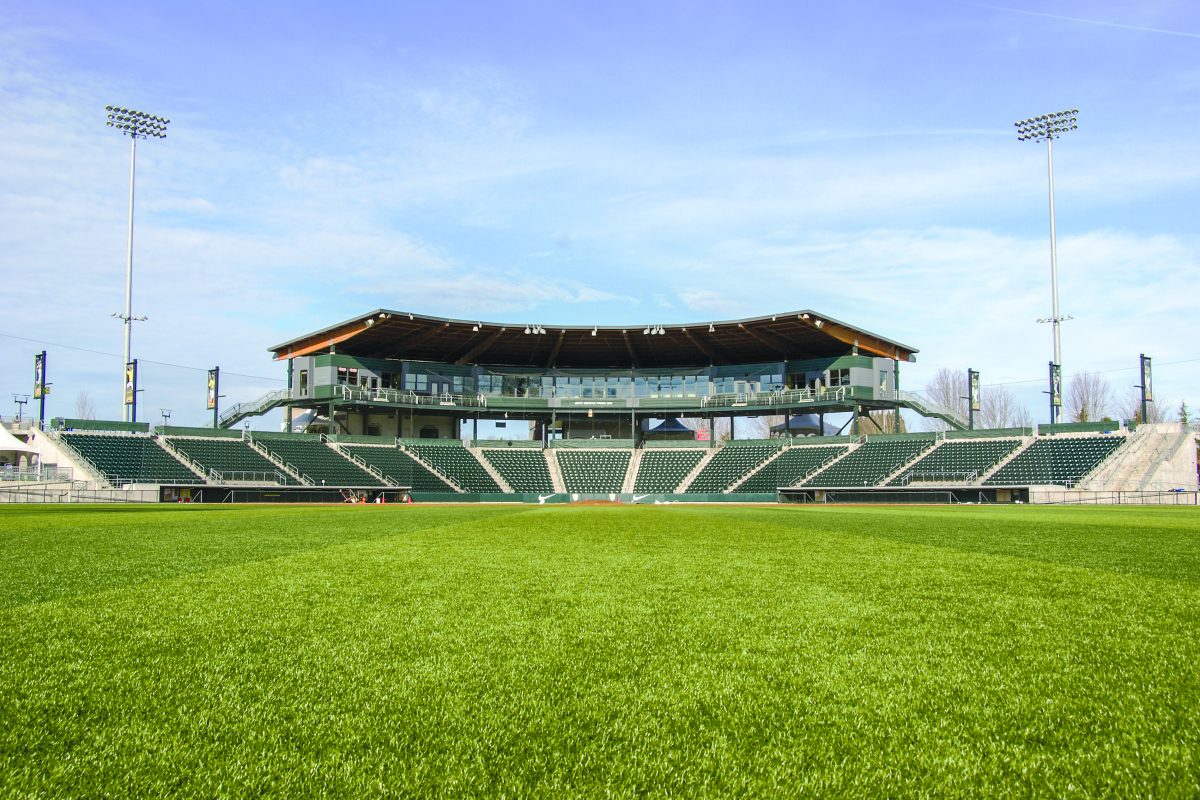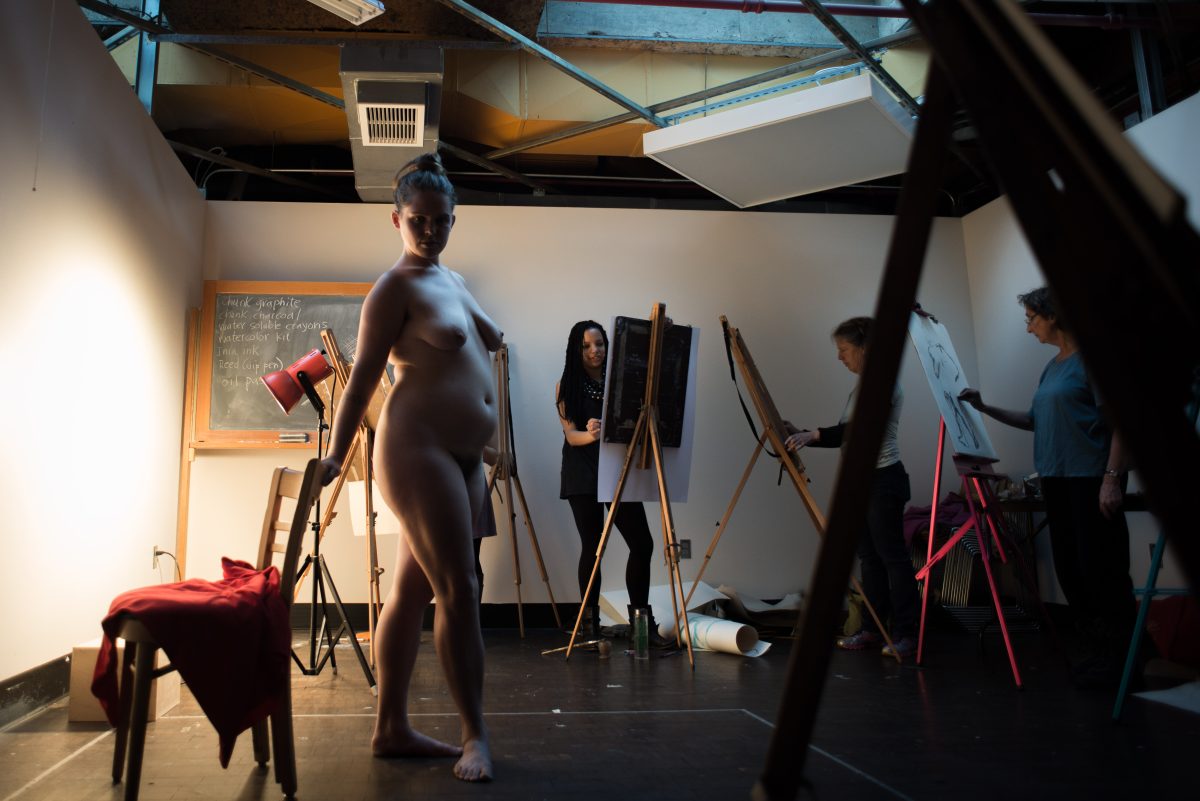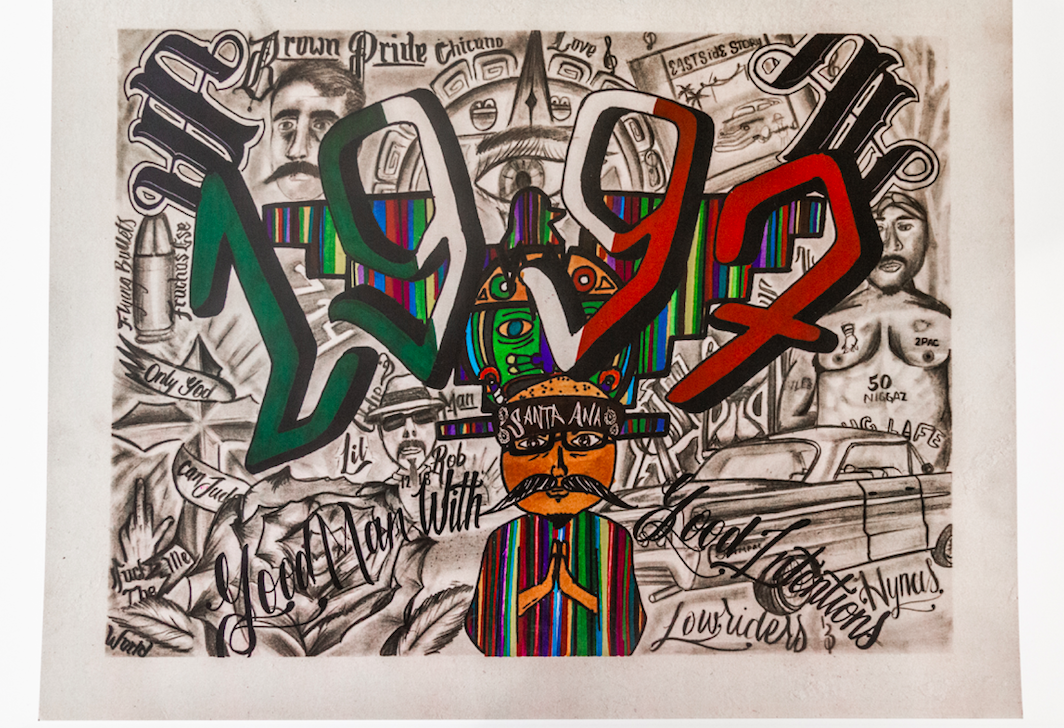Story by Jac Thomas
Photo by Kyle Hentschel
Baseball is America’s game. It has remained fundamentally the same since its recognition as a professional sport in the 1850s. In contrast, the family-oriented, subdued culture surrounding baseball, which is arguably as important to America’s identity as the game itself, has been constantly evolving to suit increasingly distracted fans.
While baseball purists have resisted changing the traditional formula, beneficial changes, such as steroid tests, have been implemented over the last few years, and instant replay technology is being added in 2014—two refinements that are helping bring America’s pastime into the 21st century. However, changes to the culture surrounding the game have been less controlled and more dramatic.
Centered on tradition, humble ballparks like Civic Stadium in Eugene, Oregon, are being replaced in favor of modern stadiums like the University of Oregon’s PK Park. This is at least partially because of an effort to draw in new fans that aren’t part of the traditional baseball culture. This change has resulted in a modernized ballpark experience, more focused on keeping the fans entertained than on pure, grassroots baseball. If walkup songs, mascots, and Jumbotron screens help sell tickets, are they good for the game, or are they selling out one of America’s greatest traditions?
Benjamin Christiansen is a perfect representative of baseball’s new generation. Well known for his intense love of beards, tattoos and the Oakland Athletics, Christiansen worked for “The Fan Cave,” an organization that Major League Baseball (MLB) founded to connect younger fans with baseball via social media.
JT: How would you describe the culture of baseball in the early days, and the way it evolved into America’s pastime?
BC: [Babe] Ruth was obviously the biggest figure that came in and was the spirit that embodied baseball in America. He became the first big superstar in American sports, especially when they did an All-Star Exhibition in Japan and other countries. That’s really when baseball exploded outside of the US. [Ruth] loved kids, he always took time for the media and people who wanted to talk to him, and he became the first huge superstar. That’s when everybody said, “This is it. This is our game.”
JT: What do you think the future of baseball culture looks like?
BC: My deal is I want to spread my love of baseball to all. If The Fan Cave is about reaching this new demographic of fans, then it’s like, alright, I’m the perfect guy to do it. But the problem was they wanted the same cookie cutter type fans, cause, you know, “Let’s keep it white collar, let’s keep it clean, etc., etc.” But the reality is, the players aren’t those type of people.
If you’re gonna take any kind of interest in the youth of today or the youth of the next generation, you have to let the players [do] their own thing. It’s not about the front office sending a press release and stuff like that. Let the [players] go on Twitter, speak their mind, help the fans, etc. That’s the only kind of way it’s gonna keep things going in a positive direction.
There’s so much more to baseball than just the business side of it. I think it’s really more of a spiritual thing. As far as the actual mix of baseball fans, it’s you, it’s me, and that’s really what it should be.
JT: Do you think that this new culture will respect tradition while bringing in fresh ideas?
BC: The best thing to look at is the fans in the right field bleachers in Oakland Coliseum. All those guys—they treat it like a soccer atmosphere. You got the signs; they’ve got their yelling. They’re doing the rage thing. It’s not like in St. Louis or New York where you just sit there and keep your mouth shut. You talk to people you came with, but you’re not really talking to the people around you—just kind of sitting there and enjoying the moment. As much as the game is about the game itself and what’s going on the field, it’s also about what’s going on in the stands and this expanding atmosphere.
So I think there’s still a spiritual thing going on in the field. They’re still paying attention—it’s not like anyone’s being too rowdy or is interfering with the play or anything like that. I just think it’s more self-discretion. It’s like, “How can I help the team even if it’s as far as just cheering for them?”
And it goes outside the stadium. You’ve got guys going on Twitter; you’ve got all sorts of fan clubs—they’re cheering, all these signs they’re making. The players are responding, and the players feed off the energy that the fans bring. That’s why it works so well in Oakland. MLB wants to get a team out of Oakland, the fans want to stay, and they’ll do whatever they can to make it happen. So being loud and proud—it’s the way to do it.
JT: Is baseball still America’s pastime?
BC: *pause* Yes. I think it is for a lot of weird reasons, other than to say that it’s very democratic. It’s fair, and now it’s getting a little bit better because of instant replay. Actually, the game could improve a little bit.
Baseball has very specific boundaries. It’s either you hit it there or you don’t. Granted, every now and then a ball may just barely hit the chalk, and [the umpire is] gonna miss it, but that’s all hindsight. Now that replay is coming in, it’s just like, “Okay, now let’s just laser point it and we’re good.”
The rules have never changed. The rules in the NFL change significantly as far as how to keep it a much safer game, but you don’t really have that in Major League Baseball or in baseball in general.
But I think as far as longevity of the sport and specific moments in American history, I think it will always be America’s game.
For Lindsey, modeling is not only a source of income but a way to connect with her spirit, “For me it’s about desire. I just want to do it, and I enjoy meditating. I’m getting paid to meditate basically… If I strike a pose and it’s comfortable enough… Even if it’s that my hip is screaming at me.”













